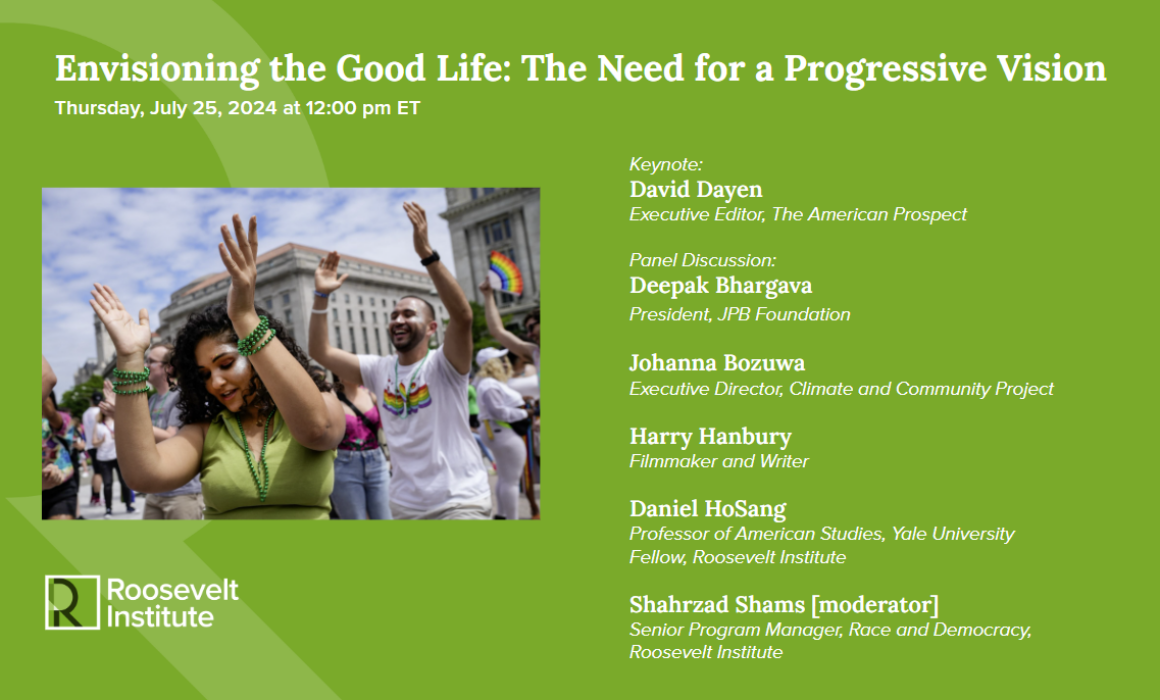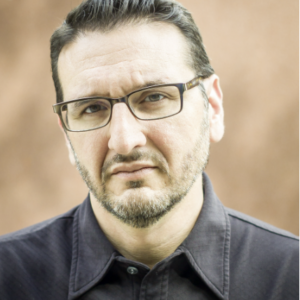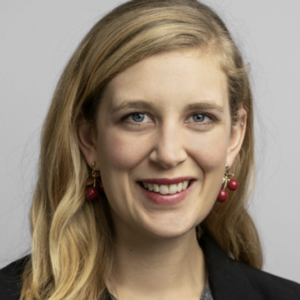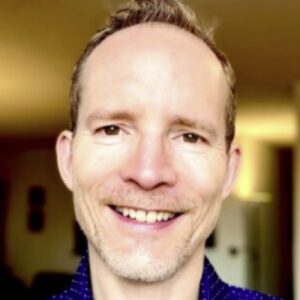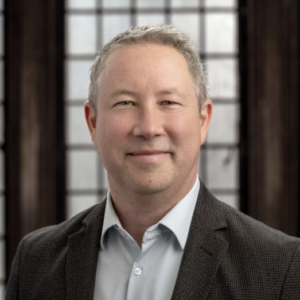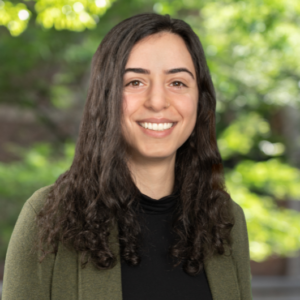Earlier this year, the Roosevelt Institute published The Cultural Contradictions of Neoliberalism: The Longing for an Alternative Order and the Future of Multiracial Democracy in an Age of Authoritarianism. Its authors argue that neoliberalism has created a culture of isolation, shame, and despair. As appetite for an alternative moral order has grown, the political Right has been savvy in its ability to leverage mass culture to manufacture consent for and advance its vision of what society should look like. The political Left, on the other hand, has struggled to articulate a clear vision of the good life, focusing more narrowly on the nuances of policy design and implementation. The authors call on progressives to ground their politics and policy decisions in a bold vision of what it means to live well.
In June, the Roosevelt Institute, in collaboration with The American Prospect, published a follow-up essay collection that seeks to begin that conversation—what is the progressive vision of what it means to live a good life? In their essays, contributors from a range of backgrounds answer and raise some important questions and considerations: What are some of the essential elements of a progressive vision of the good life? What role do culture, policy, and politics play in realizing that vision? How can we break free from the neoliberal conception of what society should look like? And what action is needed to better not just our material conditions, but our inner worlds, too?
Now, the Roosevelt Institute is inviting you to join many of the contributors for a webinar on July 25 where they will continue and expand on this important conversation. Our keynote address and panel discussion will share various perspectives on critical components of a progressive vision of the good life, the role of culture, policy, and politics, and the strategies we need to get us there.
In Conversation
David Dayen [Keynote]
Executive Editor, The American ProspectDavid Dayen is the executive editor of The American Prospect. He is the author of Monopolized: Life in the Age of Corporate Power (2020) and Chain of Title: How Three Ordinary Americans Uncovered Wall Street’s Great Foreclosure Fraud (2016), which earned the Studs and Ida Terkel Prize. He was the winner of the 2021 Hillman Prize for excellence in magazine journalism.
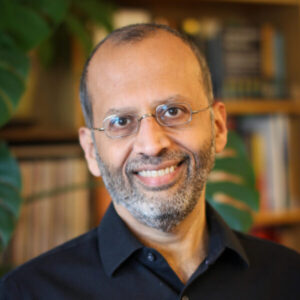
Deepak Bhargava
President, JPB Foundation and Coauthor of the Cultural Contradictions of NeoliberalismDeepak Bhargava (he/him) is a longtime social justice leader, organizer, strategist, policy expert, and mentor to activists. He has previously served as a distinguished lecturer at CUNY School of Labor and Urban Studies and until 2018 was executive director of Community Change. He is the coauthor of Practical Radicals: Seven Strategies to Change the World and coeditor of Immigration Matters: Movements, Visions, and Strategies for a Progressive Future. He coauthored this report during his tenure as senior fellow at the Roosevelt Institute, prior to becoming president of the JPB Foundation in February 2024. He holds a BA in social studies from Harvard University.
Johanna Bozuwa
Executive Director, Climate and Community Project and Author of “Why We Should Care About Low-Carbon Leisure”Johanna Bozuwa is the executive director of the Climate and Community Project. Her research focuses on extraction and fossil fuels, energy justice and democracy, and the political economy of transitions.
Harry Hanbury
Filmmaker and Writer and Coauthor of The Cultural Contradictions of NeoliberalismHarry W. Hanbury (he/him) is documentary filmmaker, journalist, and former high school history teacher. He has produced, edited, written, and shot films for Retro Report/The New York Times, dozens of nonprofit organizations, the Discovery Channel, and six Hollywood studios. He holds an MA in adolescent social studies education from Hunter College and a BA in philosophy and sociology from New College of Florida.
Daniel Hosang
Professor of American Studies, Yale University and Author of "Locating Ourselves in the Wreckage of Neoliberalism"As a fellow at the Roosevelt Institute, Daniel Martinez HoSang studies race and conservatism, including the historical and contemporary context for the growing number of people of color aligning with embracing right-wing politics.
Daniel is professor of American studies at Yale University, with secondary appointments in the department of political science and in the Yale School of Medicine Section of the History of Medicine. He is an interdisciplinary scholar of racial formation and racism in politics, culture, and the law. Daniel’s current research projects include a forthcoming co-edited volume with Joseph Lowndes titled The Politics of the Multiracial Right. He is the author or coeditor of six books including most recently, A Wider Type of Freedom: How Struggles for Racial Justice Liberate Everyone (2021). He received his BA in history from Wesleyan University and PhD in American Studies and Ethnicity from the University of Southern California.
Shahrzad Shams
Senior Program Manager, Race and Democracy, Roosevelt Institute and Coauthor of The Cultural Contradictions of NeoliberalismAs senior program manager of the Race and Democracy team at the Roosevelt Institute, Shahrzad Shams is responsible for managing the program’s publication process, providing project and events management support, and conducting in-depth research on solutions to advance racial equity, economic justice, and a robust democracy. Shahrzad has written on a range of topics, including the racism and ideological capture of the American judiciary, the need for democracy-enhancing structural reforms to US institutions, the strategic shortcomings of progressives’ focus on policy alone, and the cultural dimensions of the neoliberal project.
Prior to joining Roosevelt, Shahrzad served as a legal intern for both the Federal Public Defender’s capital habeas unit in the Southern District of Ohio and the Ohio Public Defender’s death penalty division, where she worked with supervising attorneys to provide legal defense to individuals on death row. She has also worked on criminal justice and drug policy issues with the Drug Enforcement and Policy Center, and conducted research concerning civil rights enforcement at the Kirwan Institute for the Study of Race and Ethnicity.
Shahrzad holds a BA in psychology, an MA in public policy and management, and a JD from The Ohio State University.


